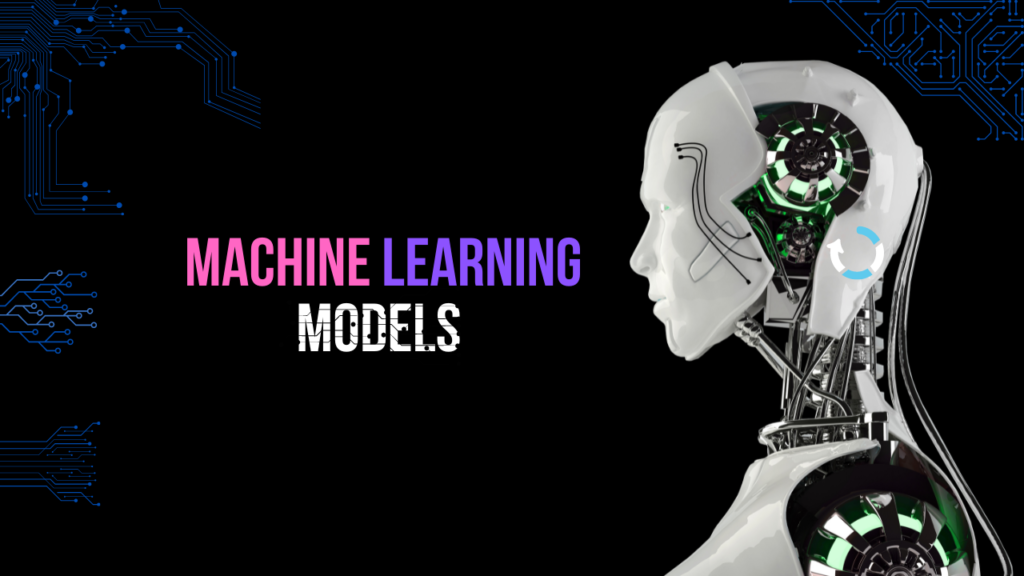ready to get started?
Receive news, announcement and reports

Machine learning is a rapidly evolving field of technology that has become an integral part of various industries, including healthcare, finance, and e-commerce. As the demand for data-driven insights and predictions grows, so does the need for effective machine learning models. In this comprehensive guide, we will explore everything you need to know about machine learning models.
What is a Machine Learning Model?
A machine learning model is a mathematical representation of the patterns and relationships found in a dataset. It is created by training an algorithm on a set of data and using that model to make predictions on new data. Machine learning models can be used for a variety of tasks, such as image recognition, natural language processing, and anomaly detection.

Types of Machine Learning Models
There are three main types of machine learning models: supervised learning, unsupervised learning, and reinforcement learning. Supervised learning models are trained on labeled data, while unsupervised learning models are trained on unlabeled data. Reinforcement learning models learn through trial and error and are often used in robotics and gaming.
Choosing the Right Model
Choosing the right machine learning model for your task depends on several factors, including the type and size of your data, the accuracy required, and the complexity of the problem. Common machine learning models include linear regression, logistic regression, decision trees, random forests, and neural networks.
Training and Evaluating Models
Training a machine learning model involves feeding it with data and adjusting its parameters until it can accurately predict outcomes on new data. Evaluating a model involves testing it on a separate set of data to measure its accuracy and performance. Techniques such as cross-validation and hyperparameter tuning can improve the performance of machine learning models.
Deploying Machine Learning Models
Once a machine learning model is trained and evaluated, it can be deployed for use in production environments. This involves integrating the model into a larger system and setting up processes for monitoring its performance and making updates as needed.
Challenges and Ethical Implications
While machine learning models offer many benefits, there are also challenges and ethical implications to consider. These include issues such as data bias, privacy concerns, and the potential for automation to replace human decision-making. As the use of machine learning models becomes more widespread, it is important to address these concerns and ensure that they are used responsibly.
Conclusion
Machine learning models are a powerful tool for extracting insights and making predictions from data. By understanding the different types of models, choosing the right model for your task, and following best practices for training and evaluation, you can build effective machine learning solutions. However, it is also important to consider the challenges and ethical implications of machine learning, and work to ensure that these technologies are used responsibly and ethically.
In conclusion, machine learning models have become an integral part of various industries, and they offer a range of benefits. By following best practices and addressing ethical concerns, we can ensure that these technologies are used responsibly and ethically.
Receive news, announcement and reports


A-1205, PNTC, Times Of India Press Rd, Vejalpur, Ahmedabad, Gujarat 380015
IN: +91 9106862641 info@tesseracttechnolabs.com
© 2022 All Rights Reserved | Tesseract Technolabs | Privacy Policy | Terms & Conditions